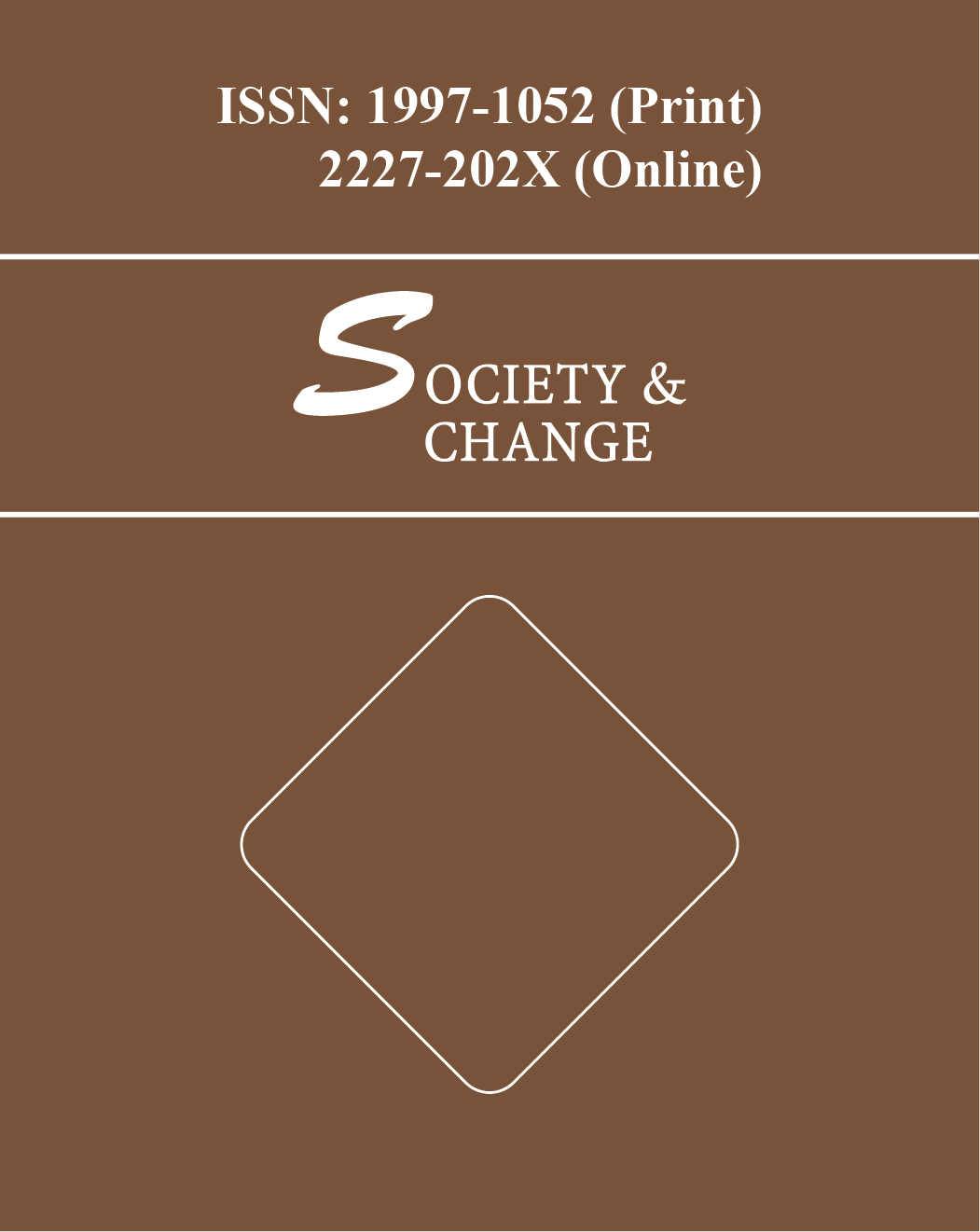The consequences of COVID-19 have led to the prolonged closure of educational institutions, causing severe hardship for students. Despite the abrupt shift from face-to-face to online education, a number of challenges have emerged that have affected various facets of students' lives. The present study was designed to evaluate university students' mental health and learning outcomes during the COVID-19 pandemic. This research also sought to identify the learning recovery tactics employed by students. An online survey was conducted using Google forms among 431 students of a public university in Bangladesh. They answered a questionnaire package that asked them about their sociodemographic traits, their everyday lives, how they felt about COVID-19, their learning outcomes, their learning recovery strategies, and the 7-item Generalized Anxiety Disorder Scale (GAD-7). Data were analyzed using Statistical Package for the Social Sciences (SPSS version 26.0). The study's findings showed that 9.05% of respondents had severe anxiety, 23.2% had moderate anxiety, and 46.4% had mild anxiety. Research also revealed that male students experienced less anxiety than female pupils (OR=0.648, 95% CI=-0.805,-0.064). Students' anxiousness was associated with lower household income. (OR=13.50, 95%CI=1.166, 4.04). Other factors that contributed to students' anxiety included having COVID-19-affected family members (OR=1.52, 95%CI=0.027, 0.814) and fear of contracting the virus. (OR=1.48, 95%CI=0.027, 0.761). Moreover, this study found that the pandemic had an adverse effect on students' learning outcomes. About 20 per cent of students reported that they did not attend online classes due to poor or no internet connection, lack of necessary online learning tools, and pricey internet access. About 75 per cent of students experienced learning disruption due to prolonged university closure. They also mentioned that they faced concentration difficulties while studying. Students' academic performance was adversely affected by the outbreak. They had to bear an additional load for their learning recovery. The majority of students made an effort to make up for lost learning by studying more, communicating with their teachers more frequently, utilizing online resources, and participating in group studies and library work.



 Additional Indexing
Additional Indexing